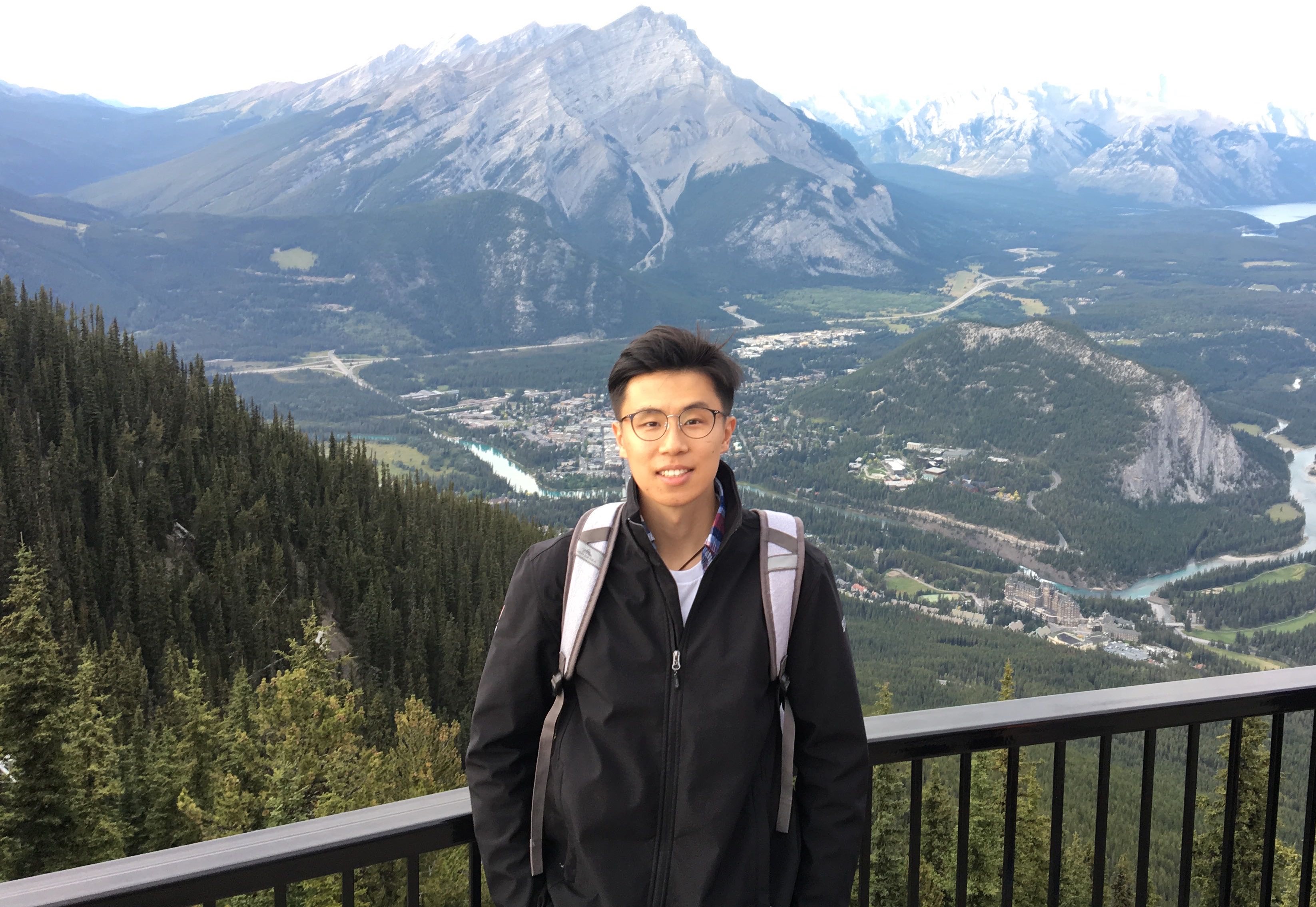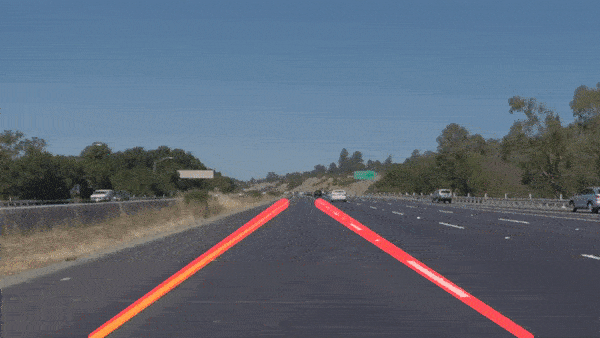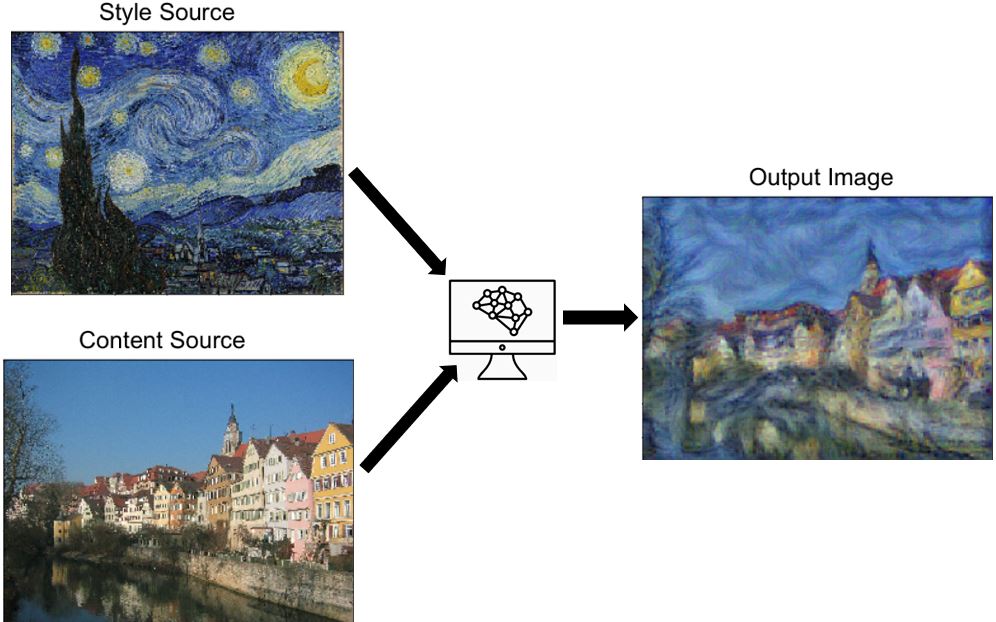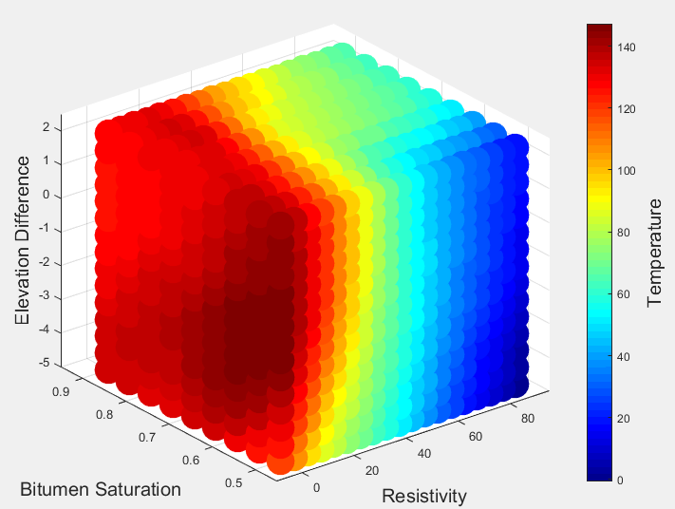Hi! I'm Martin.


I am a master's student in Computational Science and Engineering at Harvard University. I am passionate about developing computational models for autonomous laboratories. Building on top of the current research in robotic chemistry, I wish to develop a robot capable of independently navigating the enormous chemical search space, designing and synthesizing a potentially newly discovered molecule, collecting experimental results, and iterating until the desired material properties are satisfied.
Before coming to Harvard, I graduated from Massachusetts Institute of Technology (MIT), majoring in Chemical Engineering. I obtained my undergraduate degree from the University of Waterloo with major in Chemical Engineering, with minor in Artificial Intelligence, and a specialization in Process Modelling, Optimization and Control.
I aspire to become an interdisplinary engineer, solving challenges at the intersection of computer science and engineering. I have pursued diverse research and industrial experiences in the areas of autonomous vehicle, wireless sensing, energy, pharmaceutical and more.
Please feel free to reach out via email - I love talking about my projects.






Harvard University
2022 Sept - 2024 May
AstraZeneca
2022 June - 2022 Aug
Developed a real-time locating system (RTLS) prototype to track equipment positions using ultra-wideband (UWB) and integrated with autonomous mobile robots (AMR).
Massachusetts Institute of Technology
2021 Sept - 2022 Aug
University of Waterloo
2016 Sept - 2021 June
Prof. George Shaker
2020 Sept - 2021 Jan
Developed a novel Convolutional LSTM network to localize passenger and classify occupant type using multi-input multi-output (MIMO) frequency modulated continuous wave (FMCW) radar, improved accuracy by 20% compared to the previous method
Prof. Krzysztof Czarnecki
2020 May - AugDesigned and implemented an active learning framework for LiDAR-based 3D object detection and improved sample efficiency by 5% through designing uncertainty-based acquisition functions.
Suncor
2019 Sept - DecReduced unreachable underground oil field temperature prediction error by 30% through constructing a physics-based neural network, this led to 1.3 million dollar annual benefit.
Petro-Canada Lubricants
2019 Jan - AprReduced plant power consumption by 12% through optimizing the plant controller operating functions based on the cost/benefit analysis.
SABIC
2018 May - AugDevised an scheduling algorithm using greedy selection to reduce plant downtime by 3 hours / week.
IPEX
2017 Sept - DecPerformed design-of-experiment to improve the smoke resistivity of PVC piping formulation and scaled up the formulation in plant-scale production.
Prof. Boxin Zhao
2017 Jan - AugImproved the conductivity of Electrically Conductive Adhesive (ECA) by 15% without sacrificing other physical properties.